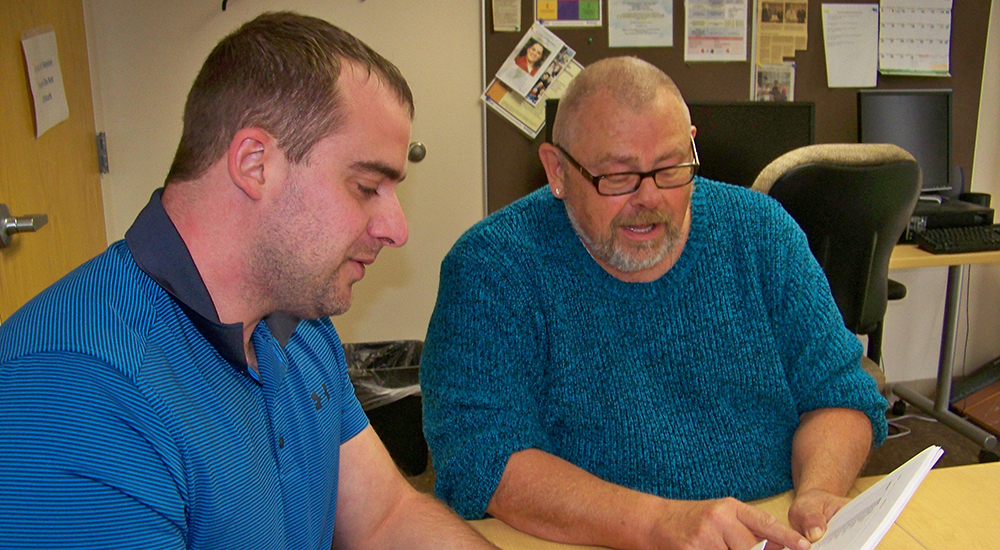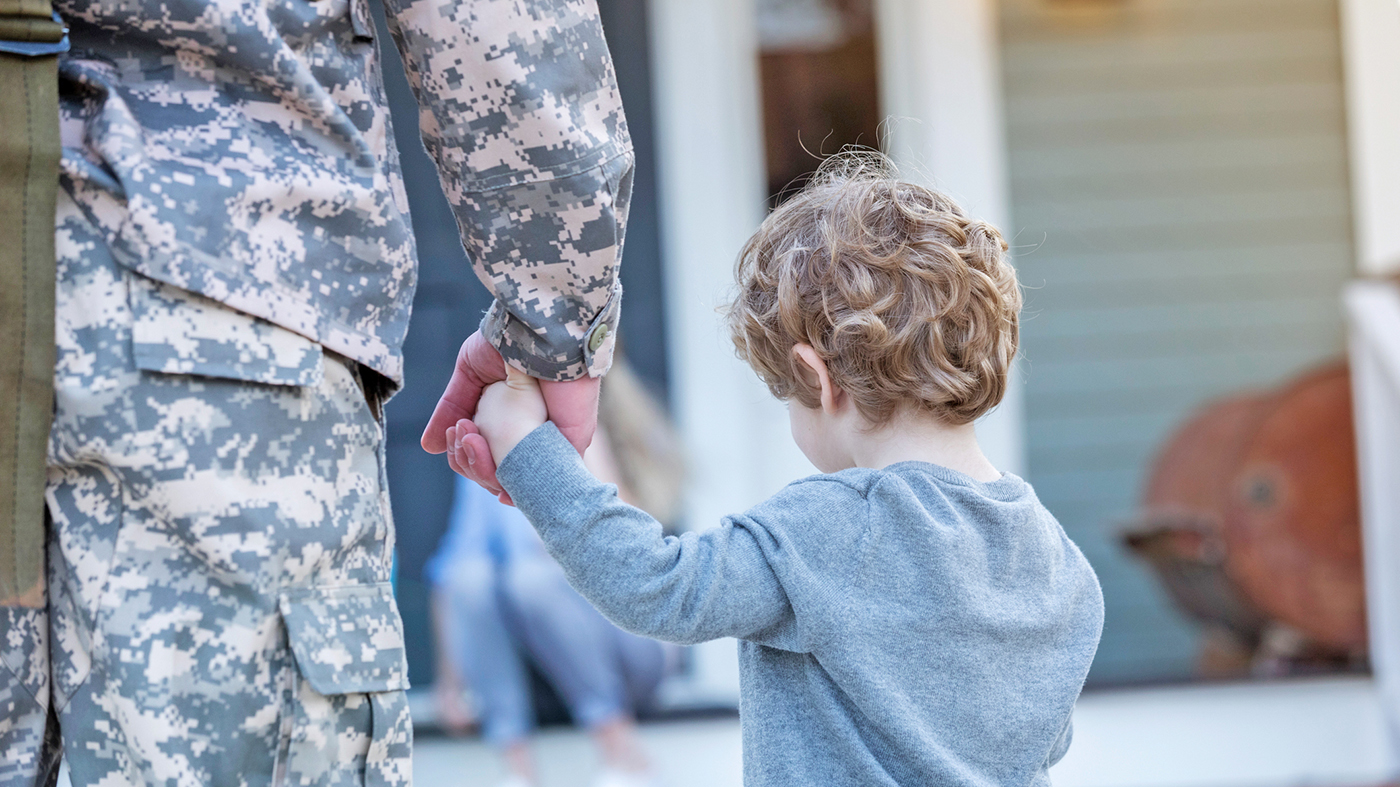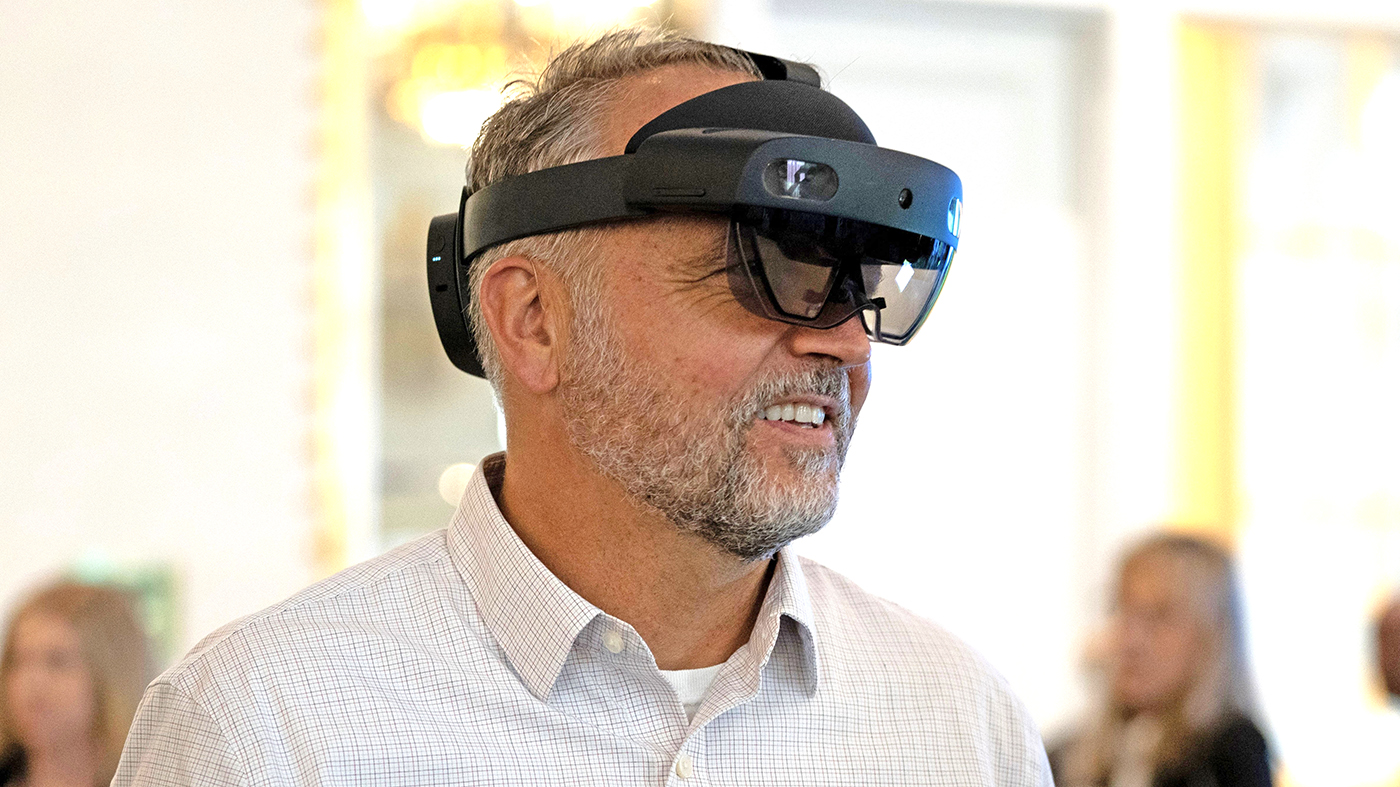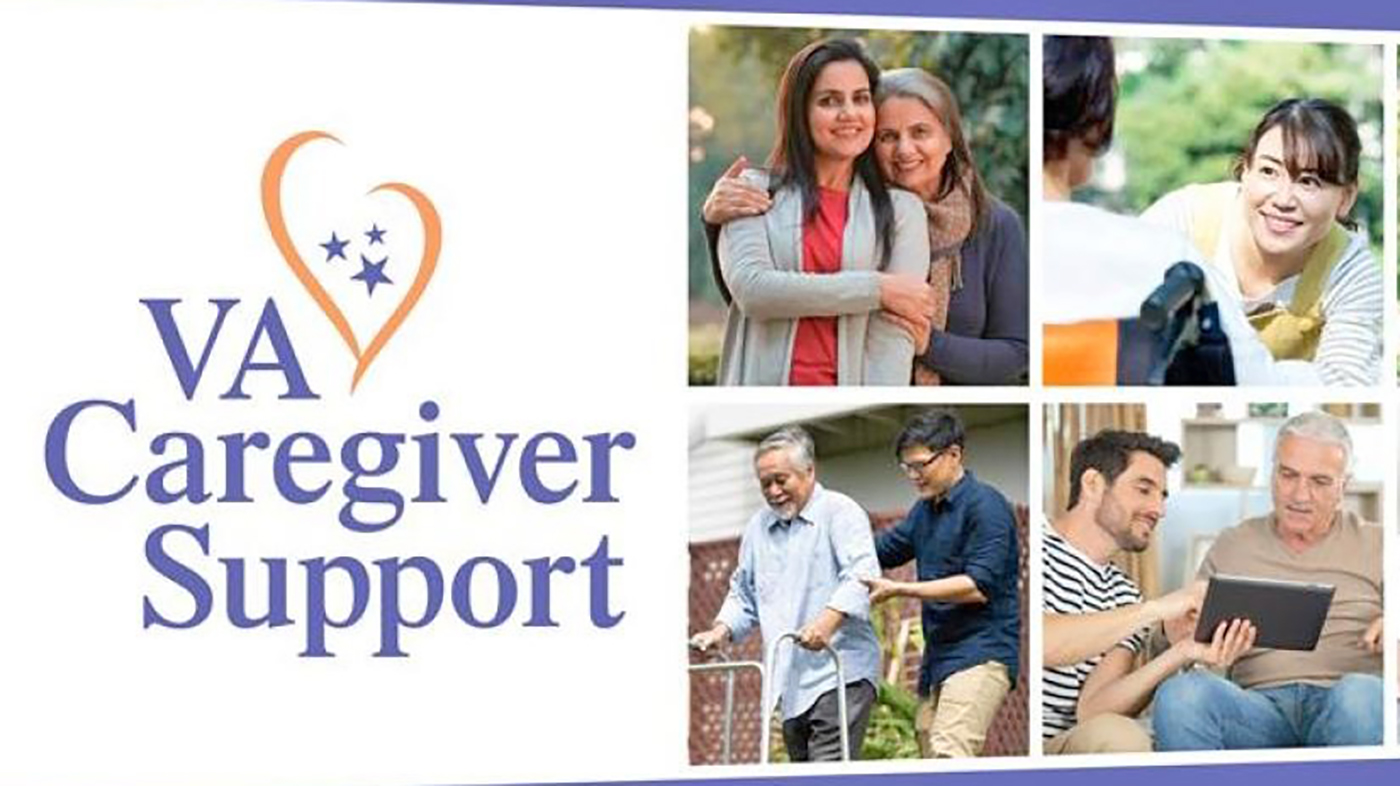October is National Disability Employment Month. Compensated Work Therapy (CWT) is a Veterans Health Administration clinical vocational rehabilitation program offered at every VA medical center. The mission of CWT services is to provide support to Veterans living with mental illness or physical impairment with barriers to employment to secure and maintain community based competitive employment.
Here’s one Veteran’s story of how the program saved his life.
My name is Danny Dwight Sims. I am a vocational rehabilitation specialist at the Department of Veteran Affairs in Des Moines, Iowa. I was in the United States Army from 1972 until 1977 working as a courier with a top secret clearance and serving two tours in Vietnam.
My home town is Churdan, Iowa. My father was a farmer and my mother was a housewife. I am the only family member who was in the military except for my uncle.
I wanted to make a career of the Army, however I could not pass the drug test, and was addicted. My struggles while in the military were drugs, mainly cocaine and heroin. I was a good, hard-working solider and received an honorable discharge.
What brought me to VA was an overdose of prescription drugs. I have had three inpatient drug treatment programs and have been in recovery since 1983.
I was homeless and going through a divorce. I thought I was useless, a bum, no good son, no good ex-husband, no good father so I took over 400 pills and ended up in the Intensive Care Unit at VA.
A VA nurse kept calling me and asking me to seek help. I finally did and went through the coping skills program and the homeless program. This was very difficult for me as I had been a substance abuse counselor and treatment director for over 20 years and also worked for the State of Iowa for four and half years.
I was offered a Compensated Work Therapy placement working in Yards and Grounds.
I found out that I was worthwhile. VA staff treated me like a human being, not like a failure. The supervisors at the CWT grounds assignments were awesome, always encouraging me and always telling me how good a job I was doing. I loved the assignment and did not want to leave.
My CWT assignment saved my life. When I was in CWT, the national CWT Office and the Homeless Office rolled out an initiative to hire and train 400 Veterans who had experienced homelessness to provide vocational rehabilitation services to homeless Veterans. My CWT Manager encouraged me to apply and I was selected.
I have two daughters and we are now closer than ever. My relationship with my ex-wife is very positive. We just talk about the kids.
My recommendations for other Veterans are really simple. We are taught as Veterans pride, pride, and pride. There is nothing wrong with pride, but do NOT let it get in your way of asking for help, asking for assistance.
No matter what we do, in the military, in relationships, in life we can NEVER do it without help. Ask for help when needed, do not let your pride get in the way. My pride almost killed me. Now I am proud to say I am a Veteran, I am a good man and I really would love to have every Veteran have what I have now.
I am so blessed to be a vocational rehabilitation specialist at VA. I get the honor, the pleasure, and the ability to meet with Veterans to work with them on their employment whether it be a resume, a struggle with finding employment, a struggle maintaining employment, and or many other aspects of my job.
I not only get to meet and get to know the Veterans; I get to meet and know their employers. It is truly an honor to come to work every day, to see what is going to be on my plate today.
To see Veterans struggling with PTSD, MST, depression or anxiety, no matter what their situation, is to be able to sit down, really get to know them and their wants, their abilities, their needs and eventually their goals of career employment.
About the author: Danny Sims is a VA Vocational Rehabilitation Specialist.
Topics in this story
More Stories
Veteran Eric Golnick joined the Million Veteran Program after losing his best friend to cancer caused by toxic exposure.
Barry Peterson shares his experience as a VA virtual reality provider and user and how it helps him connect with other Veterans.
Caregivers ensure care for our Veteran’s doesn’t stop when they leave a VA medical center.








Way to go Danny. Great article. Important to get help when you need, and you are still working to help others.
David from OPP.
Dear Mr. Sims,
Your story is fantastic and as a mother of a disabled veteran I am so encouraged for my son reading this article. Thank you for sharing your story.
Sincerely, Beth (Proud parent of a USMC Veteran)
I love what you guys are doing. My son is in the Army National Guard Reserve. Our family is constantly telling him he’s not in the “REAL” military or a “REAL VETERAN” and he should get a real job stop wasting his time. I’m the only person who actually supports him. He’s really smart taught himself how to play music keyboards and to draw. He wants to further his career in composing but doesn’t have the financial resources or software. I’m doing everything I can to help him keep his car but I’m on disability and have a child in 4th grade. It’s been hard for my son but he’s under so much stress now he may have a son. Pray for him.